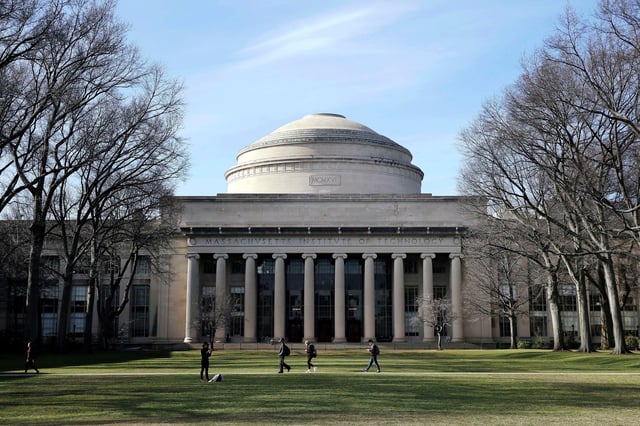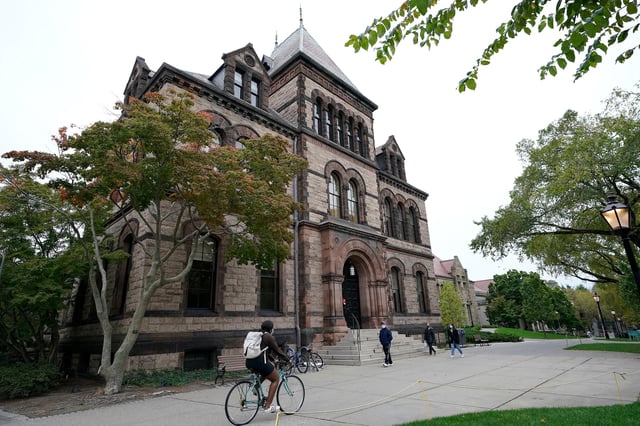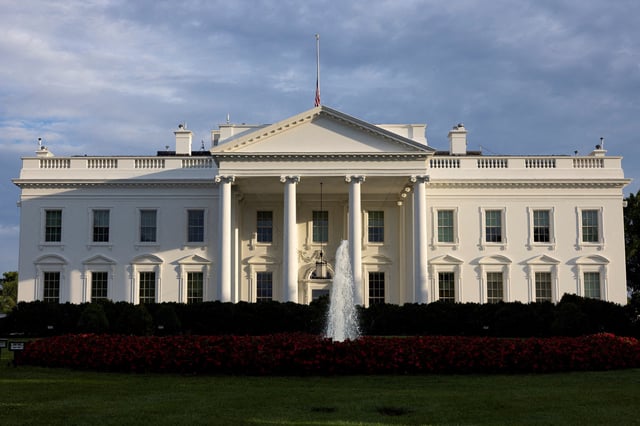Overview
- On Oct. 1, the White House sent the compact to Vanderbilt, Dartmouth, Penn, USC, MIT, the University of Texas at Austin, the University of Arizona, Brown, and the University of Virginia, seeking agreement or feedback.
- Signatories are promised priority for “substantial and meaningful” federal grants and other benefits, with Justice Department compliance review and potential loss or repayment of funds for violations.
- The proposal caps international undergraduates at 15% overall and 5% per country, requires standardized testing, freezes tuition for five years, and targets grade inflation.
- It also bans using race or sex in hiring and admissions, pushes governance changes to protect conservative viewpoints, and urges data sharing and values screening for foreign students with DHS and State access to discipline records on request.
- The offer extends a months-long pressure campaign that includes settlements with Columbia and Brown and ongoing talks with Harvard, prompting concerns from rights advocates over academic freedom, privacy, and due process.



